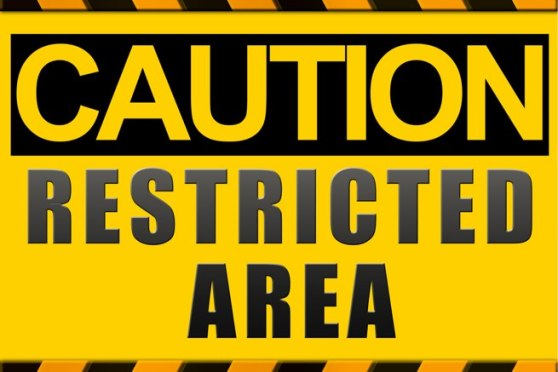Do State Blue Sky Laws Apply To Rule 506(c) Offerings? Going Public Lawyers
Issuers are often unaware of the state laws that apply to their private placements prior to completion of their going public transactions. Federal securities laws require that the purchase or sale of a security be subject to a registration statement under the Securities Act of 1933 (the “Securities Act”) or exemptfrom registration. Rule 506 of Regulation D under the Securities Act provides an exemption for private placement offerings. The JOBS Act amended Rule 506 by creating Rule 506(c) which allows general solicitation and advertising in private placement offerings so long as sales are made only to accredited investors.
Issuers conducting any offer or sale of securities must consider state blue sky laws that may be relevant to their offering. Securities offerings under Rule 506 are deemed to be covered securities under the federal law, which preempts the states from substantively regulating Rule 506 offerings under state securities or blue sky laws. Despite this federal preemption, states may require the filing of a Form D, Consent to Service of Process and the payment of a filing fee. Securities offerings under new Rule 506(c) are “covered securities”. As such, State securities commissioners and regulators are precluded from applying their blue sky laws to offerings of securities that involve general solicitation or general advertisement under Rule 506(c), provided that the issuer complies with the requirements of the exemption and notice filing and fee payment requirements in their state.
Some states have existing laws prohibiting issuers from making unregistered offerings to residents of their state using the Internet. Because Rule 506(c) offerings constitute covered securities, states cannot prohibit the use of the Internet in connection with an offering that complies with the requirements of Rule 506(c). Companies should ensure compliance with state law requirements to avoid problems during their going public transactions.
It should be noted that issuers that have previously relied on state limited offering exemptions rather than federal preemption as covered securities will no longer be able to utilize a limited offering exemptions if they conduct a Rule 506(c) offering.
States remain authorized to enforce anti-fraud provisions and regulate financial intermediaries even after Rule 506(c).
For further information about this securities law blog post, please contact Brenda Hamilton, Securities Attorney at 101 Plaza Real S, Suite 202 N, Boca Raton, Florida, (561) 416-8956, by email at [email protected] or visit www.securitieslawyer101.com. This securities law blog post is provided as a general informational service to clients and friends of Hamilton & Associates Law Group and should not be construed as, and does not constitute legal advice on any specific matter, nor does this message create an attorney-client relationship. Please note that the prior results discussed herein do not guarantee similar outcomes.
Hamilton & Associates | Securities Lawyers
Brenda Hamilton, Securities Attorney
101 Plaza Real South, Suite 202 North
Boca Raton, Florida 33432
Telephone: (561) 416-8956
Facsimile: (561) 416-2855
www.SecuritiesLawyer101.com







